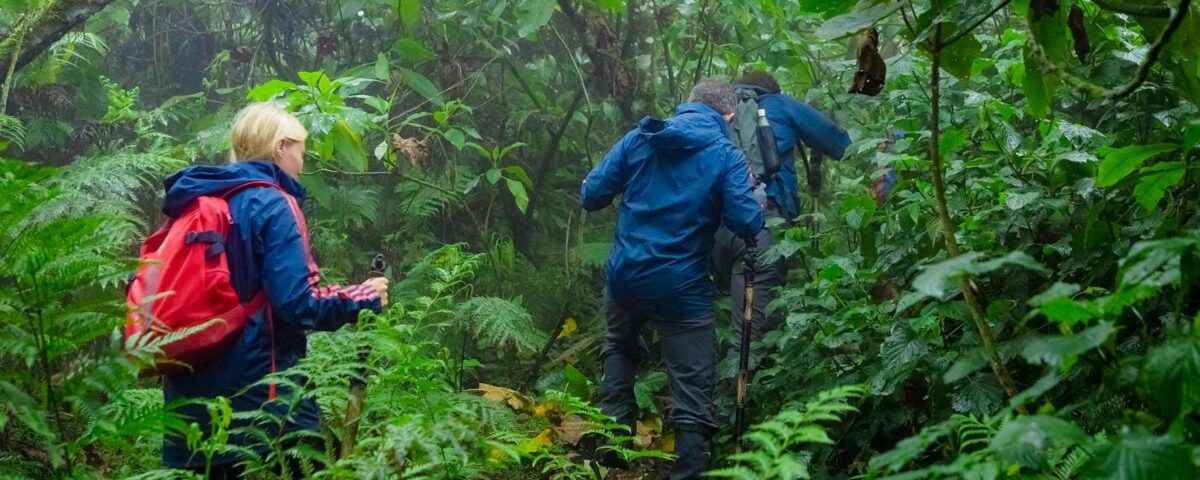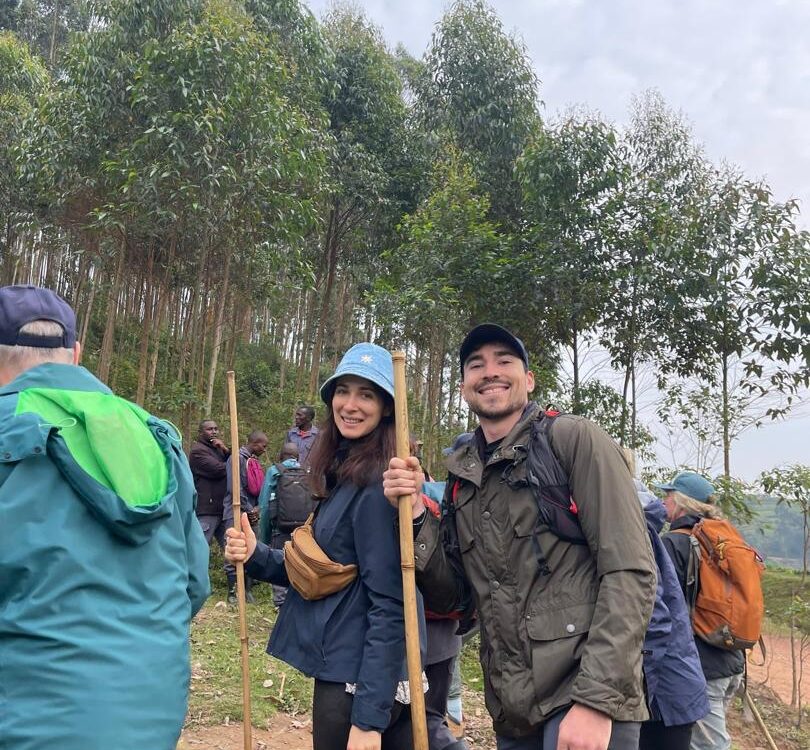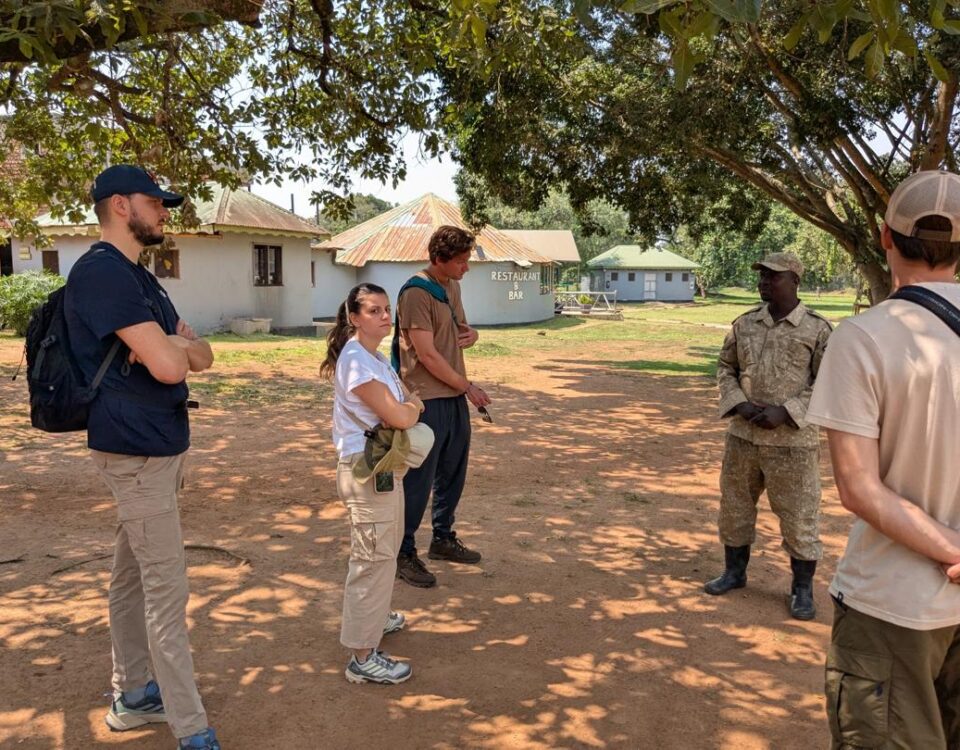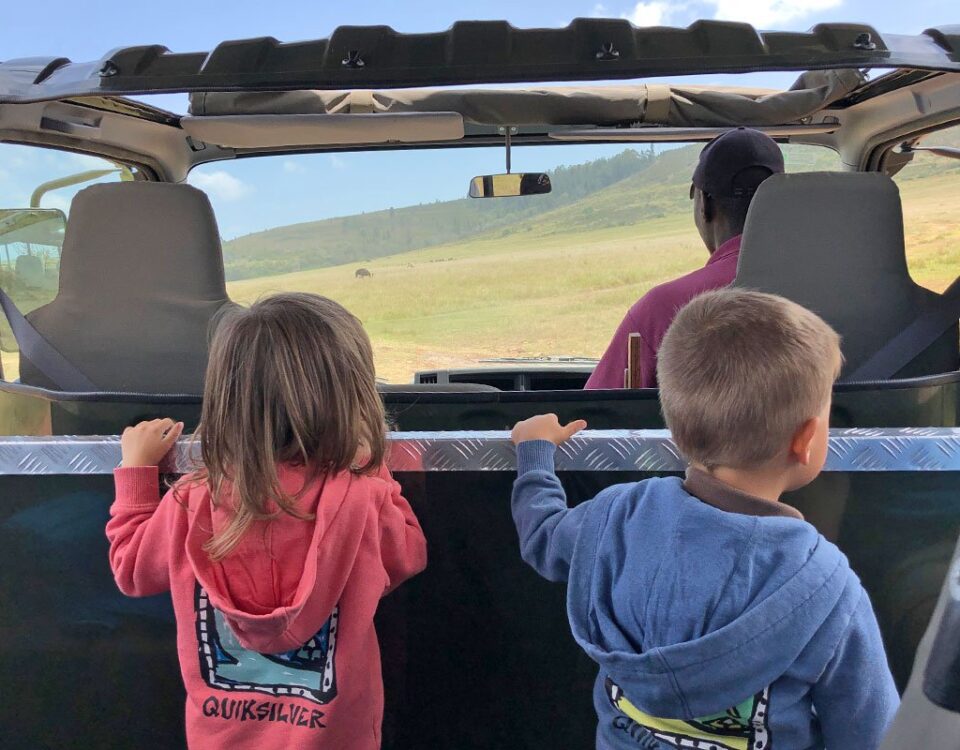
Do I Need Vaccinations for Uganda Gorilla Trekking?
April 26, 2025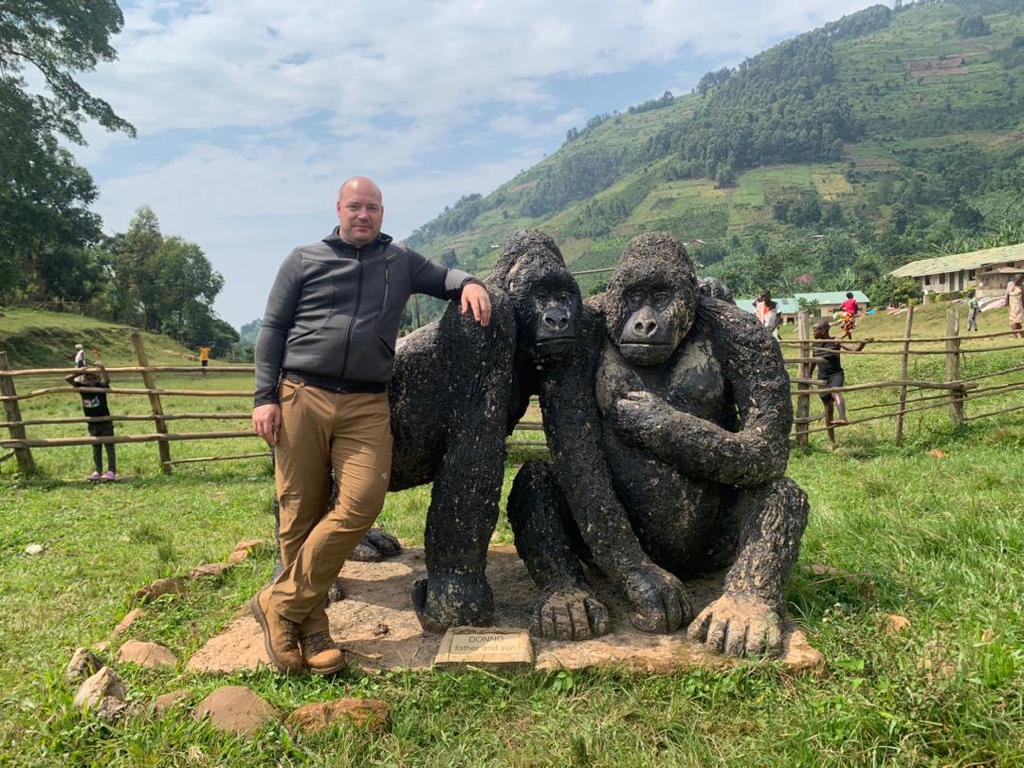
Is Uganda Gorilla Trekking Safe for Seniors?
April 26, 2025Is Altitude Sickness a Concern in Bwindi?
Understanding the Terrain of Bwindi Impenetrable Forest
Bwindi Impenetrable National Park is located in southwestern Uganda and is famous for being home to nearly half of the world’s remaining mountain gorillas. This UNESCO World Heritage Site is characterized by rugged terrain, dense rainforest, and a high-altitude landscape. As of 2024, the cost of a gorilla trekking permit in Uganda is US$800, while the gorilla habituation experience costs US$1,500 per person. These experiences take place in the forested hills and valleys of Bwindi, which sits at an altitude ranging from 1,160 to 2,607 meters (3,800 to 8,550 feet) above sea level. Given these elevations, it is natural for travelers to ask: Is altitude sickness a concern in Bwindi? The answer depends on your physical condition, how your body adjusts to elevation changes, and how well-prepared you are. While most people do not experience serious altitude sickness, mild symptoms can occur for some. Let’s explore this concern in detail, and help you prepare for a safe and enjoyable trek.
Uganda Gorilla Trekking Safari Packages and Tours
- 3 Days Gorilla Habituation Safari
- 3 Days Gorilla Trekking Tour
- 3 Days Uganda Fly to Bwindi
- 5 Days Wildlife & Gorilla Safari
- 7 Days Uganda Gorilla Safari
- 8-Day Gorilla & Wildlife Tour
- 9 Days Best of Uganda Safari
- 5 Days Gorilla & Rafting Safari Uganda
- 6 Days Primates Safari Tour
- 10 Days Birding Tour Uganda
- 10 Days Uganda Wildlife Tour
- 12 Days Uganda Wildlife Tour
- 13 Days Pearl of Africa Tour
- 15 Days Uganda Safari
- 18 Days Uganda Safari
- 21 Days Birding Uganda Safari
- 24 Days Best of Uganda Tour
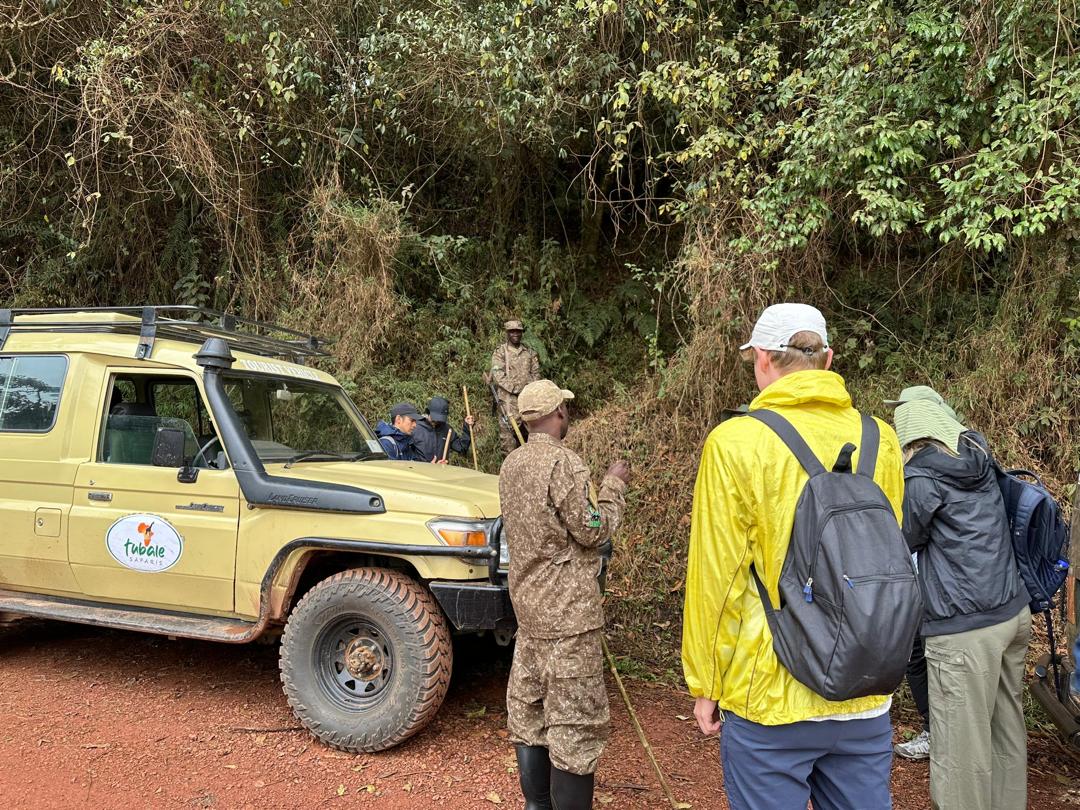
Is Altitude Sickness a Concern in Bwindi?
What is Altitude Sickness and How It May Affect You in Bwindi
Understanding Altitude Sickness Symptoms
Altitude sickness, also called acute mountain sickness (AMS), typically occurs at elevations above 2,500 meters (about 8,200 feet). Bwindi’s highest point reaches just above this threshold, especially in the Rushaga and Nkuringo sectors, where trails can ascend beyond 2,600 meters. Common symptoms of altitude sickness include headaches, dizziness, shortness of breath, nausea, fatigue, and difficulty sleeping. These symptoms usually begin within a few hours after arriving at higher altitudes and are more common in people who ascend too quickly without allowing their bodies to acclimatize.
Who Is Most at Risk in Bwindi?
Although altitude sickness is less severe in Bwindi compared to trekking in the Himalayas or the Andes, individuals who are unaccustomed to hiking or physical exertion, or those with underlying medical conditions, may be more susceptible. The physical demands of gorilla trekking—navigating steep slopes, dense vegetation, and humid conditions—can make the effects of altitude more noticeable. Tubale Safaris Ltd always advises clients to inform their physician before travel, especially if they have respiratory or cardiovascular conditions that could be aggravated by altitude or strenuous activity.
Preparing for Altitude Changes During Your Gorilla Trek
Take Time to Acclimatize Before Trekking
The good news is that most travelers do not experience serious problems with altitude in Bwindi. However, taking a day or two to rest and acclimatize before your trek—particularly if you’re arriving from a lowland area or directly flying into Uganda—can help your body adjust. Consider spending a night in a nearby town like Kabale or Kisoro before proceeding to the park. This approach reduces the shock of altitude gain and gives your body a better chance to adapt.
Stay Hydrated and Eat Well
Hydration plays a key role in minimizing altitude sickness. Make sure to drink plenty of water, avoid alcohol, and consume light, nutritious meals before and during your trek. Water helps reduce the risk of headaches and fatigue associated with dehydration, which can be confused with altitude sickness. Tubale Safaris Ltd ensures all our trekking clients are advised on pre-trek hydration, diet, and rest, and we provide adequate water for your journey through the forest.
Pace Yourself on the Trail
During the trek, it is important to move slowly and steadily, especially when climbing uphill. The Uganda Wildlife Authority (UWA) rangers who lead the treks are trained to monitor the group’s pace and take breaks when necessary. If you feel unwell or need to rest, don’t hesitate to speak up. Trekking at a relaxed pace helps you conserve energy and reduce strain, which lowers the risk of experiencing altitude-related symptoms.
Safety Measures in Place and How Tubale Safaris Ltd Supports You
On-Site Support and First Aid Availability
You may still be wondering: Is altitude sickness a concern in Bwindi even with professional support? While the concern is valid, it is reassuring to know that trained rangers and porters accompany every gorilla trek, and they carry basic first aid kits. These staff members are skilled in managing common trekking challenges, including fatigue, dehydration, or mild altitude effects. In more serious cases, evacuation protocols are in place to transport guests to lower altitudes or nearby medical facilities. At Tubale Safaris Ltd, we prioritize your safety and work closely with local authorities to ensure a secure trekking environment.
Hiring a Porter Can Lighten Your Load
To further reduce the physical strain that can trigger altitude-related symptoms, we recommend hiring a porter. For a small fee, a porter will carry your backpack, help you navigate difficult terrain, and offer moral support. This not only enhances your comfort but also supports the local community by providing jobs to residents around Bwindi. Many of our past clients have found that hiring a porter significantly improved their trekking experience and reduced their fatigue levels.
Medical Advice and Travel Insurance
Before traveling, always consult your doctor about any pre-existing health concerns. It’s also important to obtain travel insurance that covers medical evacuation, especially if you plan to visit remote parks like Bwindi. As a responsible tour operator, Tubale Safaris Ltd helps clients plan every aspect of their trip, including health precautions, fitness preparation, and emergency readiness. We are committed to making your gorilla trekking adventure both safe and memorable.
Final Thoughts: Is Altitude Sickness a Concern in Bwindi?
In conclusion, is altitude sickness a concern in Bwindi? While the park’s elevations reach heights that may affect some travelers, serious altitude sickness is rare. The majority of visitors to Bwindi Impenetrable Forest enjoy their treks without major issues, especially when they prepare properly. Understanding the symptoms, staying hydrated, pacing yourself, and taking time to acclimatize all contribute to a safer experience.
It’s also worth noting that the rewards far outweigh the risks. Seeing a family of wild mountain gorillas in their natural forest habitat is one of the most emotional and unforgettable wildlife experiences in the world. With a gorilla trekking permit priced at US$800 in 2024, and the immersive gorilla habituation experience at US$1,500, these once-in-a-lifetime opportunities deserve thoughtful planning and care.
At Tubale Safaris Ltd, we are proud to offer expert guidance, full travel support, and personalized safari packages that help you experience gorilla trekking with comfort and confidence. Our experienced guides, ethical practices, and safety-first approach make us one of Uganda’s most trusted tour operators. Reach out today to begin planning your journey to Bwindi, where the forest whispers stories of nature, resilience, and awe-inspiring encounters.

